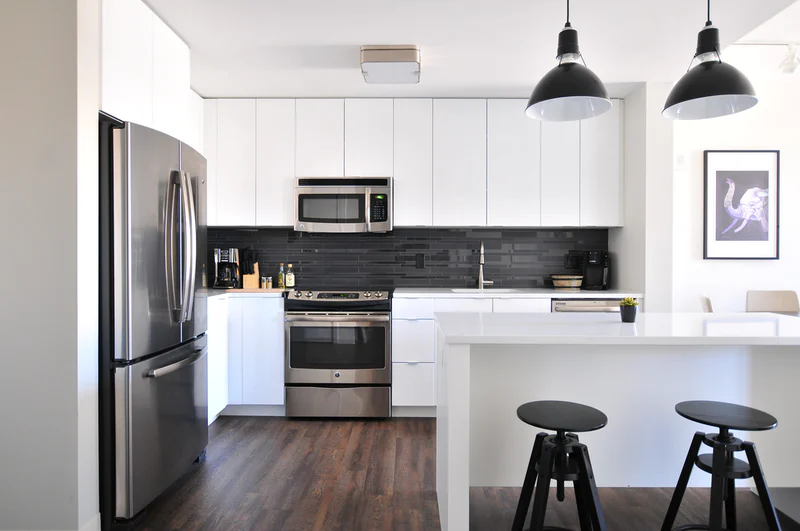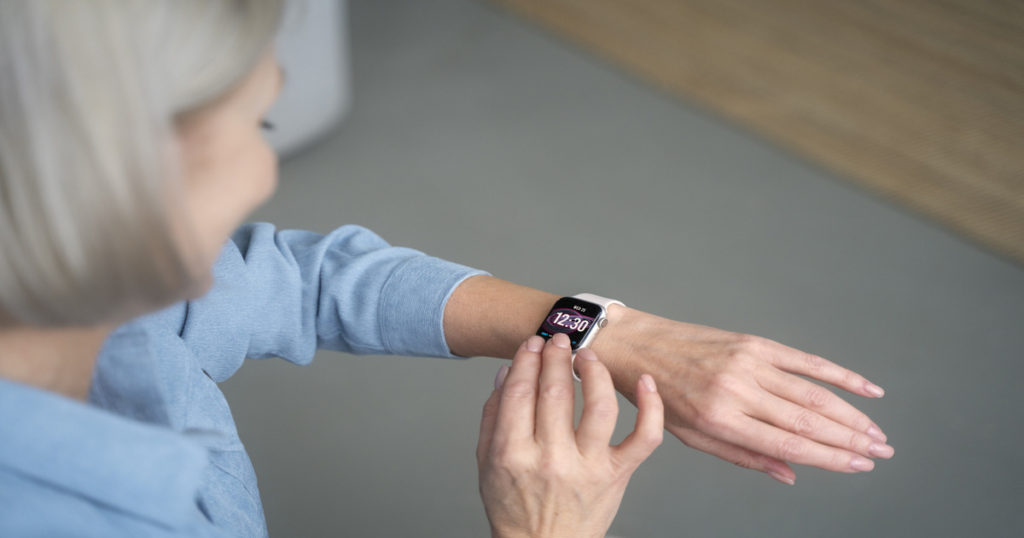Is your loved one in need of more social interaction and assistance with daily tasks during the day? Do you and your caretaking team need a chance to work and attend to your personal life?
Senior day care provides a safe and supervised environment while also providing companionship, activities, and assistance. Senior day care centers offer two main categories of care: social day care, which includes activities and socialization, and day health care, which offers more intensive medical and therapeutic services.
Senior day care can be a valuable resource for the elderly and their caregivers, but it’s not for everyone. Here’s what you need to know.
When to Consider Senior Day Care
Start exploring your options before the need becomes urgent. Senior day care is good for seniors who can no longer structure their own daily activities. They may be able to follow directions, but can’t plan a day for themselves and may end up doing nothing or looped in an activity.
Day care for seniors is also good for people who feel isolated and crave companionship, or cannot be safely left alone at home.
Seniors who could benefit from social interaction and functional assistance at a senior day center but don’t require 24-hour supervision are good candidates for adult day care. Day care for elderly with Dementia or Alzheimer’s disease is a great solution in the early stages of the disease.
Elderly day programs are best for people who are relatively mobile. They may move with the aid of a cane, walker, or wheelchair. It isn’t necessary that they move quickly, but they mustn’t require assistance for movement.
While accidents are bound to happen, it’s best that seniors are generally continent when they attend senior adult day care.
What is a Senior Day Care Center?
Senor adult day care centers offer a safe place, as well as enrichment and companionship, for seniors. Elderly day programs also benefit family members and caregivers, offering them some time to work or build their personal lives while their loved one is safe and enjoying fun and social programs.
Daycare for senior citizens is divided into two categories:
- Senior adult social day care: provides supervision, social activities, food and snacks, recreation and crafts, and some health-related services.
- Senior adult day health care. More intensive health, therapeutic, and social services for individuals with serious medical conditions like advanced Alzheimer’s.
Costs vary dramatically, from $25 to over $100 per day, depending on the services required, where you are, and what programs you or your loved one may qualify for. According to the AARP, the median cost across the U.S. is $1,690 a month, or $78 per day. CARE can help you find daycare for senior citizens you can afford.
Day sitters for the elderly are not typically covered by Medicare. However, you may qualify for financial assistance through a federal or state program.
To find a center near you, contact your local aging information and assistance provider or Area Agency on Aging. The National Adult Day Services Association is also a great resource.
Who Goes to Elderly Day Programs and Who Provides Them?
More than half of attendees at senior day care have some kind of cognitive impairment. Therefore, day care for the elderly with dementia or Alzheimer’s is very possible. The earlier patients start elderly day programs, the more likely they are to continue to do well in daycare even as the disease advances.
Most senior day centers are nonprofit. Major for-profit providers include Active Day, Sevita, and SarahCare. Adult day care services are regulated by the states. There, are, however, many private options at higher prices.
The pandemic took a toll on adult day care centers. Nearly three-quarters of centers had to temporarily close or limit their hours. However, now that senior day care centers are reopening, they are better prepared than ever to handle respiratory disease.
What Happens at Day Care for the Elderly?
- Assistance with activities of daily living: Day care facilities typically offer assistance with activities such as bathing, dressing, and grooming, often in a group setting
- Health monitoring: Staff members continuously monitor seniors’ health, such as blood pressure or blood sugar levels, or any specific conditions they may have
- Therapy sessions: Seniors may have physical, occupational, or speech therapy sessions, depending on the resources available at the senior day center and the needs of the individual.
- Relaxation activities: Day care facilities may offer relaxation activities such as yoga or meditation to help seniors reduce stress and anxiety. Some even have pets like fish or bird aviaries, or therapy dogs that come to visit.
- Meal preparations: Meals are provided and prepared by the facility, ensuring that seniors have access to nutritious and balanced meals that follow any dietary restrictions.
- Socialization: Seniors play games together, attend parties and clubs, and generally enjoy forming friendships in their golden years.
Pros and Cons of Day Care for Elderly People
| Pros | Cons |
| Social interaction and companionship may reduce feelings of loneliness and isolation. | The cost may be prohibitive for some seniors and their families. |
| A variety of activities keep seniors physically and mentally engaged and can even stave off some symptoms of memory disorders | Some seniors may be resistant to attending day care, preferring to stay at home. |
| Provides a safe and supervised environment for seniors who can no longer be left alone at home. | Not all senior adult day care centers are equipped to handle seniors with more advanced medical needs. |
| Provides much needed respite for family caregivers, allowing them to attend to other responsibilities or just take a break. | Transportation to and from the senior day center may be difficult or unavailable for some seniors. |
| Provides functional assistance and retraining for seniors with activities of daily living, such as bathing, dressing, and medication management. | Some seniors may feel embarrassed or uncomfortable receiving assistance with personal care tasks in a group setting. |
| Structured activities and a routine are good for seniors with cognitive impairment, such as Alzheimer’s disease, and can even improve sleep. | The quality of care and programming may vary depending on the specific day care center. |
| Provides nutritious meals and snacks throughout the day. | Some seniors may have difficulty adjusting to a new environment and routine and the changing faces of caregivers and peers. |
| Sometimes offer specialized programming for seniors with specific interests such as art classes | Seniors may have difficulty finding a day care center that meets their individual needs and preferences. |
Decide Whether Senior Day Care is Right for Your Loved One
Elderly day programs aren’t right for everyone, but for some seniors and their families, day care for seniors can be a life saver. Day care for elderly with dementia may even stave off some symptoms of the disease and enable the elderly and caregivers to sleep better. However, this kind of limited care isn’t sufficient for seniors with more advanced need. Talk to your care team and your loved one’s doctors to determine if a senior day center is right for you.




